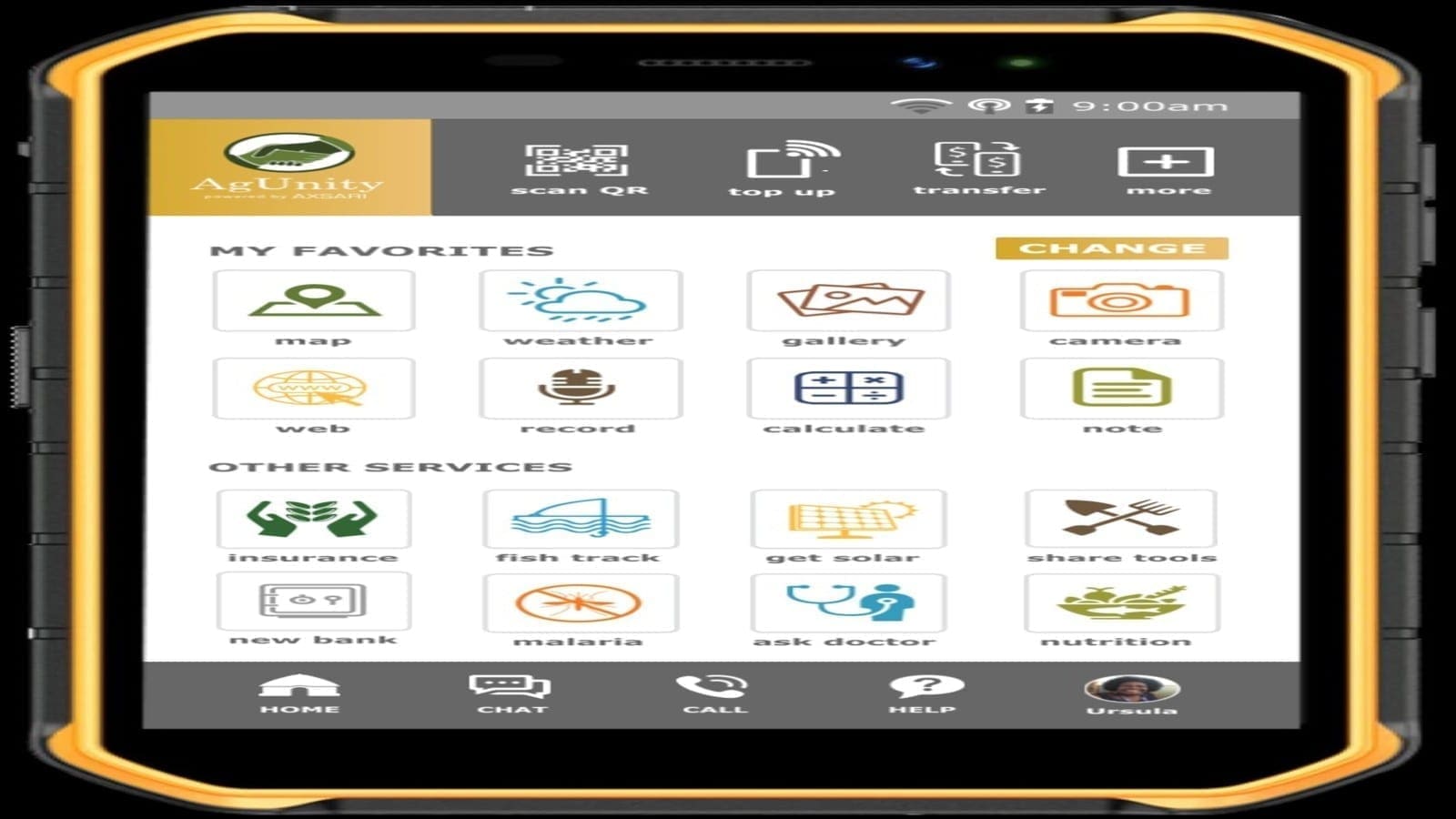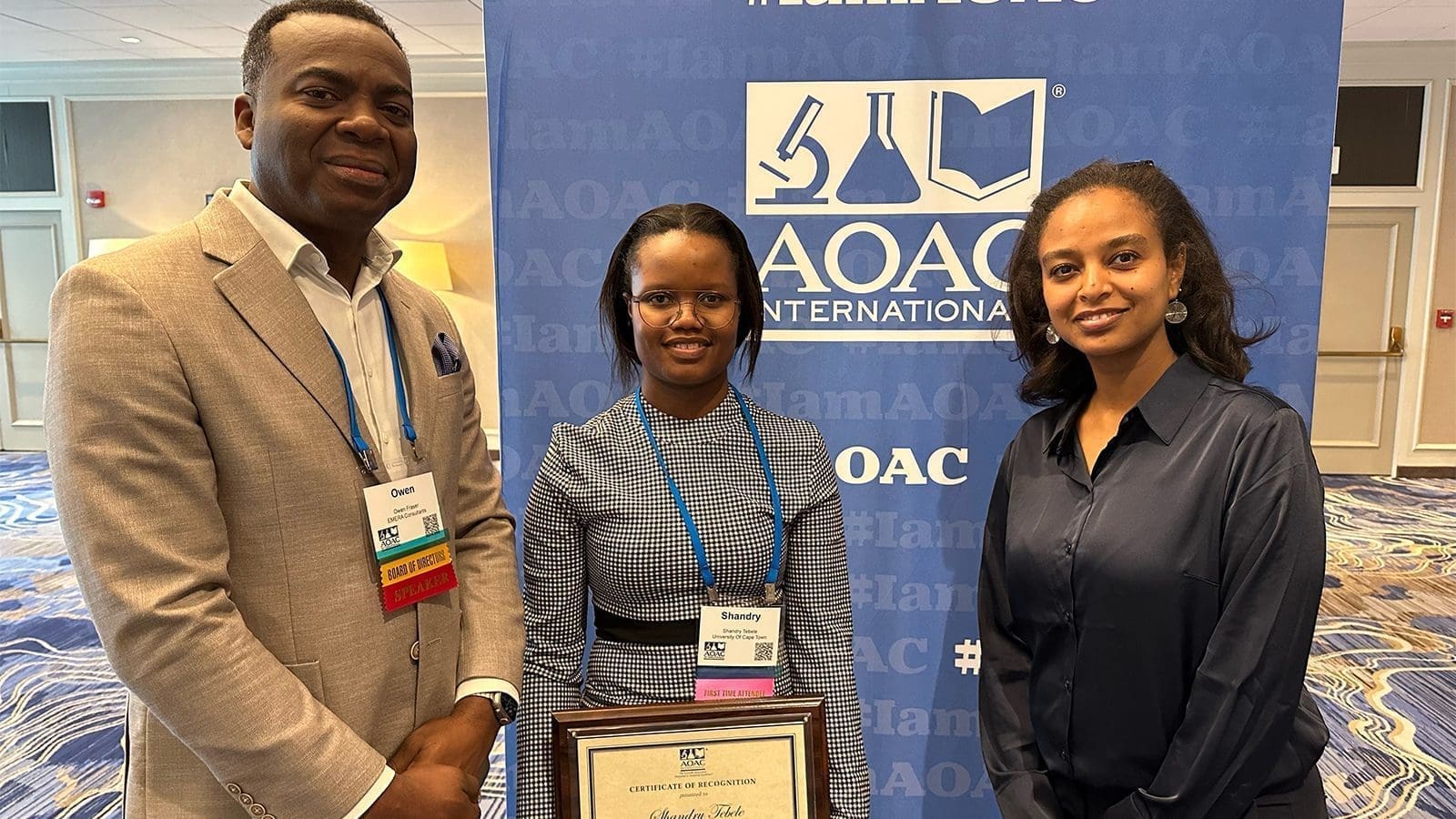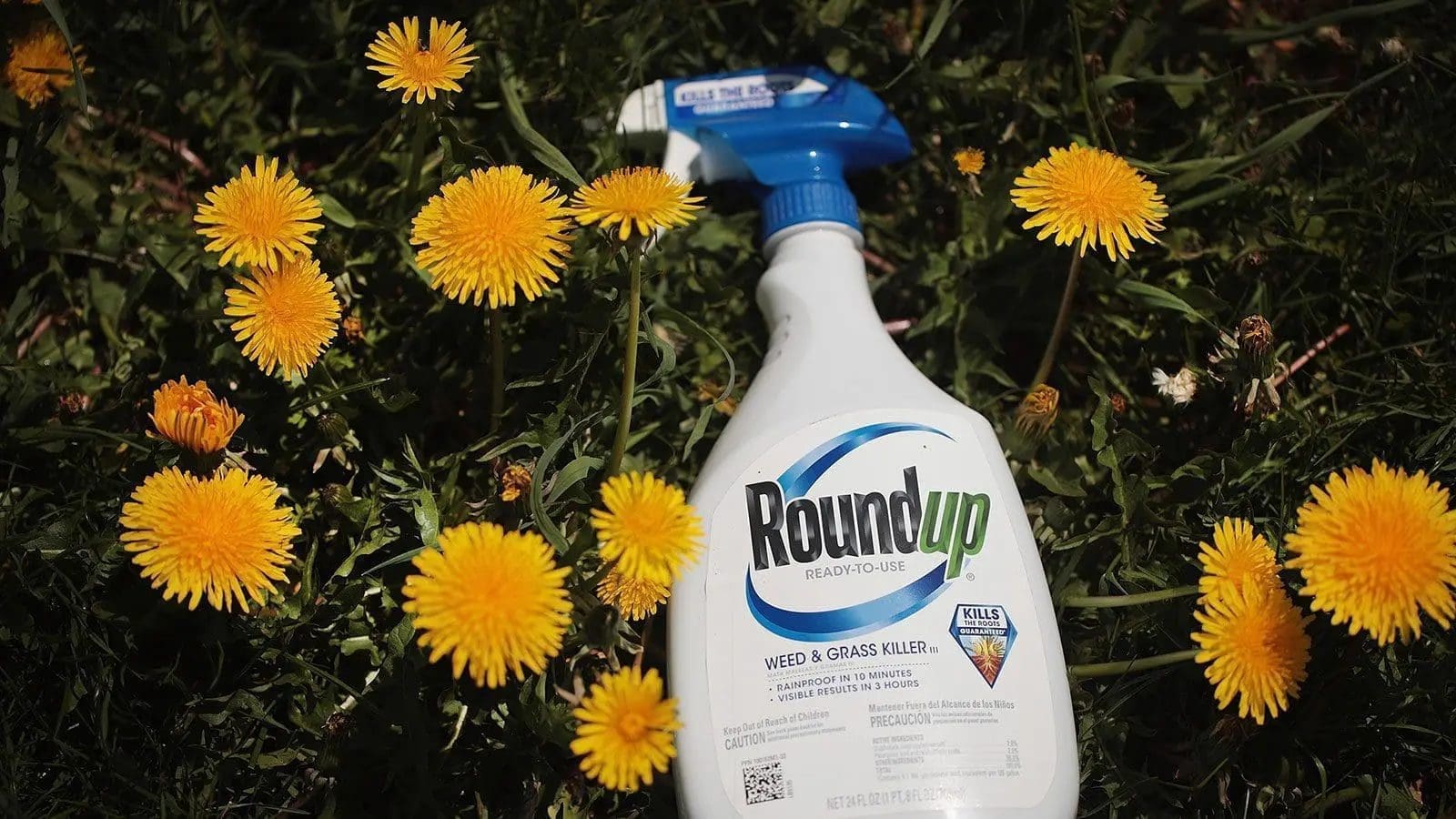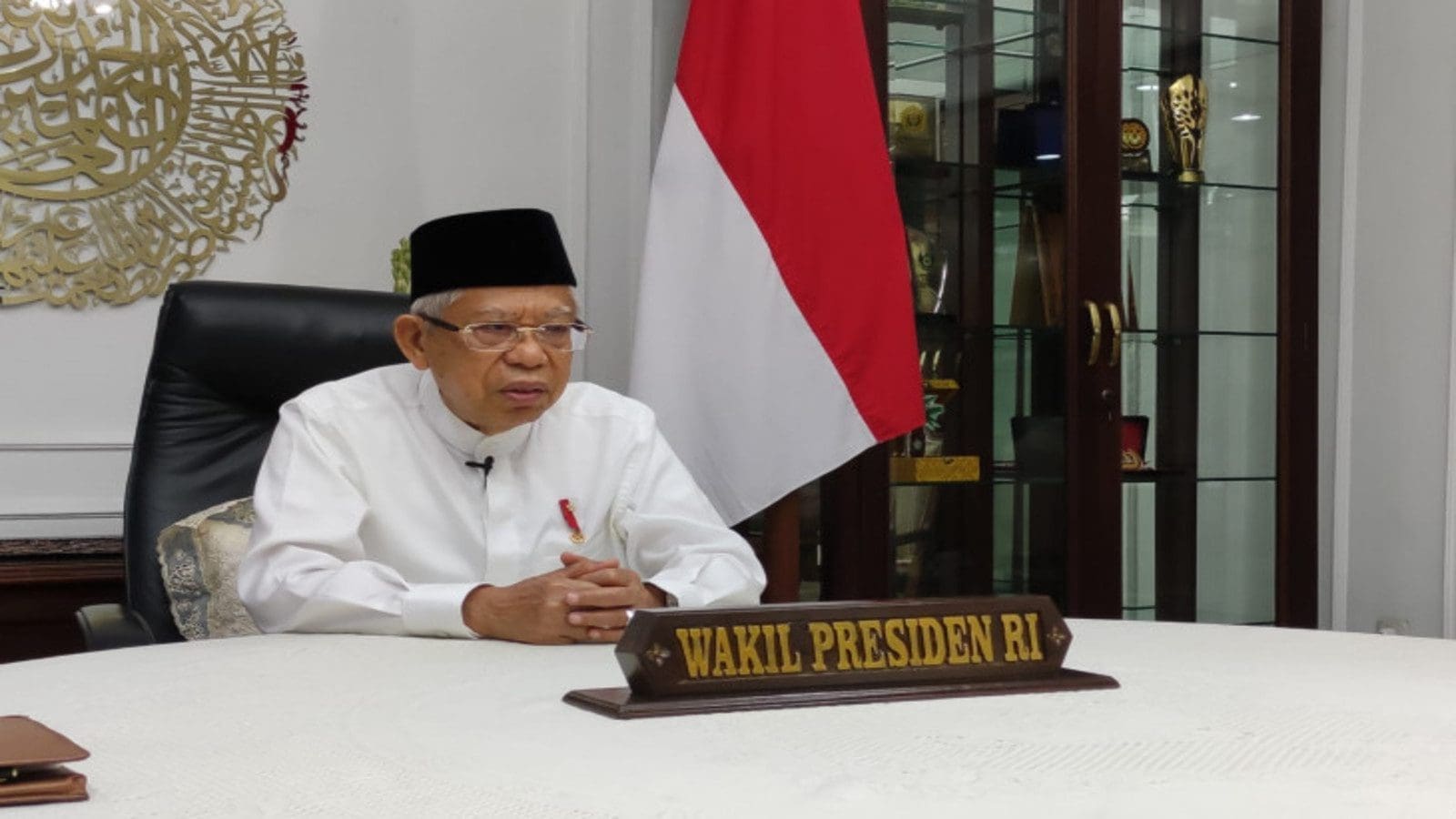KENYA – Virginia Tech’s Center for International Research, Education, and Development has partnered with Egerton University in Kenya and the Australian startup AgUnity to adapt a blockchain-based smartphone app that will help diminish barriers to consumption of better-quality nutritious vegetables.
The app, known as AgUnity’s Version 3 App (V.3 App), tracks African indigenous vegetables from the producer to the end consumer.
Information about how these vegetables are grown, transported to the market, or processed rarely makes it to the final buyer, which impedes sales especially with the increased demand on transparency by consumers.
Availability, knowledge of growing practices and vegetable safety, and transparency in transactions also contribute to their limited profitability and demand.
The free app can be used by farmers, traders, and retailers to confirm prices and quantities of indigenous vegetables, obtain quality assurance and information on whether chemical fertilizers or pesticides have been applied, and track the movement of the vegetables between transactions.
They can also use the platform to market their produce and learn what vegetable varieties are in demand.
The V.3 app ensures that all transactions between users are permanently and securely recorded on a dedicated, unchangeable blockchain ledger. Other services, such as training, record-keeping, and a marketplace, are also offered.
A prototype had earlier been developed and issued to farmers in Western Kenya for field testing.
The farmers were then trained on how to operate the app and good agricultural practices.
“We expect that by the end of this project, producers, traders, and retailers will see higher profits from the sale of nutritious indigenous vegetables,
“The increased availability, quality, and competitive prices of the vegetables will result in consumers purchasing and eating the vegetables more often. We expect that increased information about the safety of the vegetables will also encourage consumers to eat vegetables in high enough quantities to support nutrition,” said Jessica Agnew, assistant director of research, operations, and program management at CIRED.
Ralph Hall, associate director and associate professor in the School of Public and International Affairs stated that they had noted the pain points of actors along the indigenous vegetable supply chain and hence understood what needs to accompany the seamless deployment of AgUnity’s app, for the maximum benefits of users.
The researchers hope to utilize information stored in the app to inform consumers on vegetable quality and cooking methods that retain their nutrients hence bolster food safety and quality, a significant step towards achieving food security within the African continent.








